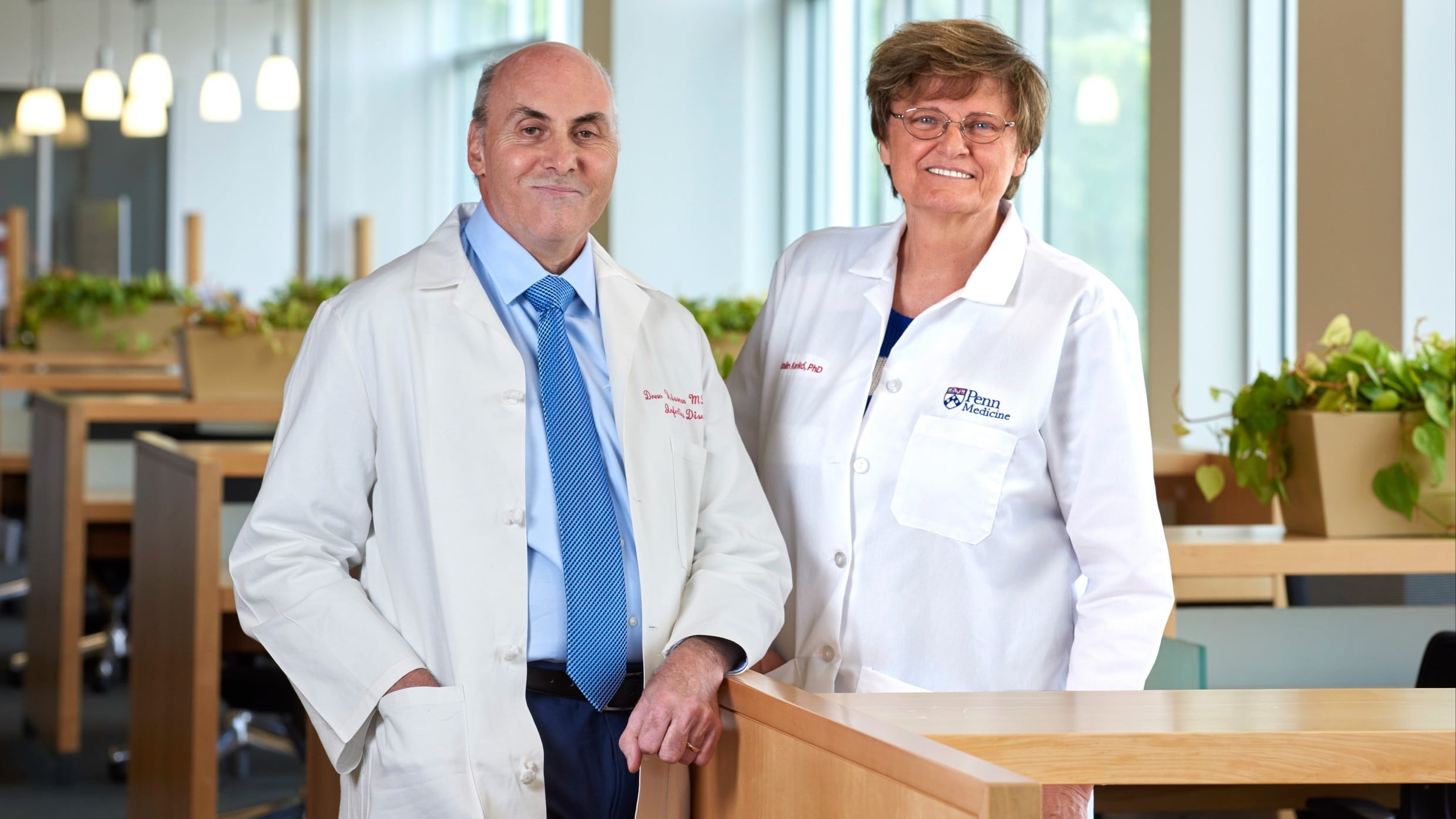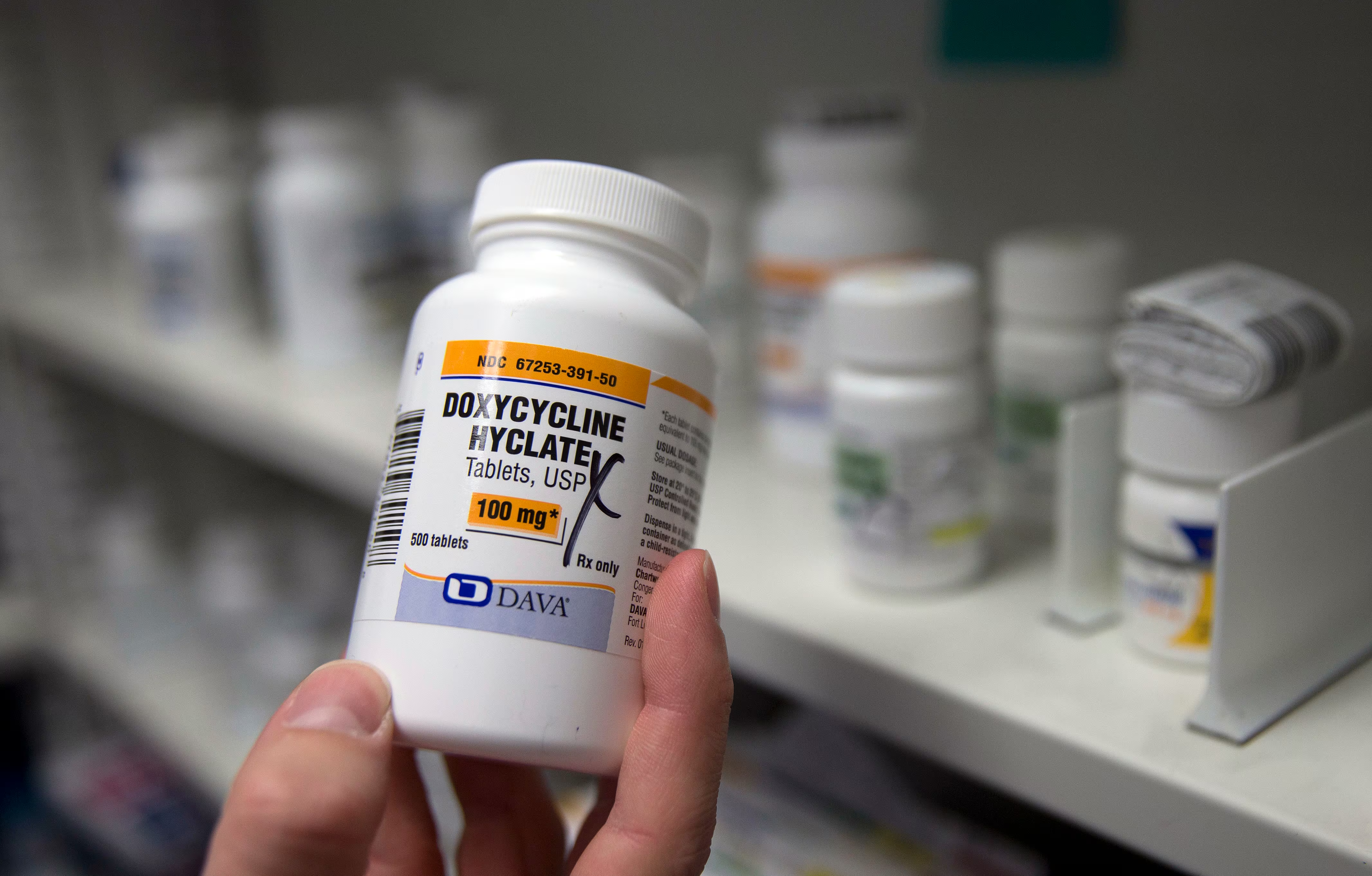Rob Verger, assistant tech editor at Popular Science, discusses SpaceX's successful launch of the Falcon Heavy rocket that propelled Elon Musk's red Tesla Roadster into orbit. The release of the car into space has prompted people to ask the question, "what now?"
Verger notes that it will take two and a half years for the rocket to orbit around the sun and end up back where it started from. It will be another five years before we could potentially see it with a telescope.
Verger says the Roadster will face significant deterioration due to radiation and a "sandblasting" of dust that will cause the car to lose its cherry red color. He talks about the vastness of space, noting it's unlikely the car would be destroyed by an asteroid.
Be Well: Benefits of Walking
A bedbug infestation is sweeping through the city of Paris and is being addressed by the French government.
Cheddar News checks in with your weather forecast for Monday, Oct. 2, 2023.
Tens of thousands of Kaiser Permanente workers could strike this week.
Scientists Katalin Karikó and Drew Weissman won the Nobel Prize in medicine for their research that helped pave the way for the mRNA vaccines.
An alternative mental health court program designed to fast-track people with untreated schizophrenia and other psychotic disorders into housing and medical care — potentially without their consent — kicked off in seven California counties, including San Francisco, on Monday.
U.S. health officials plan to endorse a common antibiotic as a morning-after pill that gay and bisexual men can use to try to avoid some increasingly common sexually transmitted diseases.
Canadian wildfires are again set to affect the northeastern part of the U.S.
A new study reveals that yelling and shouting at children can be as damaging as physical and sexual abuse.
Scientists Katalin Karikó and Drew Weissman won the Nobel Prize in medicine for their research that helped pave the way for the mRNA vaccines.











